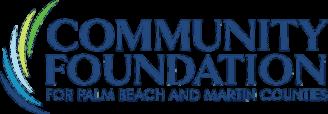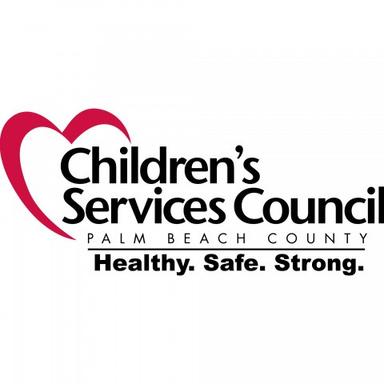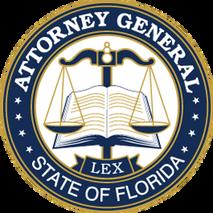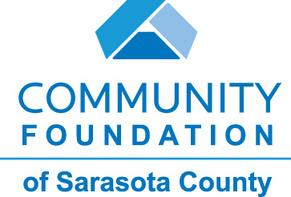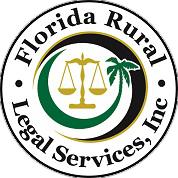
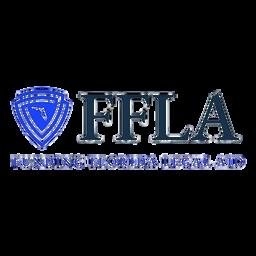
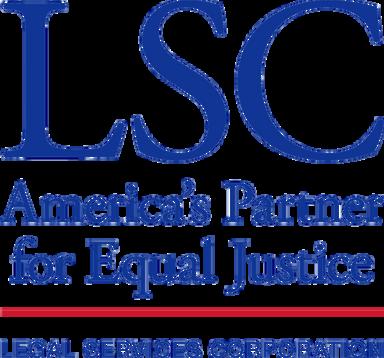

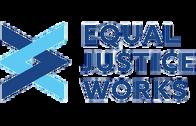






A. Disclaimer: This pamphlet is not intended to take the place of legal advice. It is designed to inform you with basic information regarding hurricane preparedness and ways to protect yourself as a homeowner or renter after a disaster.
B. Introduction to FRLS
1. Florida Rural Legal Services (FRLS) has been helping people by providing free legal aid since 1966.
2. FRLS has six offices which cover thirteen Florida counties as follows:
a. Belle Glade (phone 888-582-3410) serves western Palm Beach County.
b. Fort Myers (phone 239-334-4554) serves Lee, Charlotte, Desoto, Hendry, and Glades counties.
c. Fort Pierce (phone 772-466-4766) serves Indian River, Martin, Okeechobee, and St. Lucie counties.
d. Immokalee (phone 239-313-2355) serves migrant workers in ALL Florida counties.
e. Lakeland (phone 863-688-7376) serves Polk, Hardee, and Highlands counties.
f. Riviera Beach (phone 561-820-8902) serves Palm Beach County.
3. You can contact us on our Intake Hotline at 888-582-3410. You can also submit your information on our website at www.FRLS.org.
1. Be prepared for a hurricane by knowing your evacuation zone and creating a plan if your local emergency management officials order an evacuation. Know the locations of your nearest emergency shelters and if you have pets, make sure the shelter accepts pets. You will need your pet’s vaccination records to bring your pet(s) into the shelter.
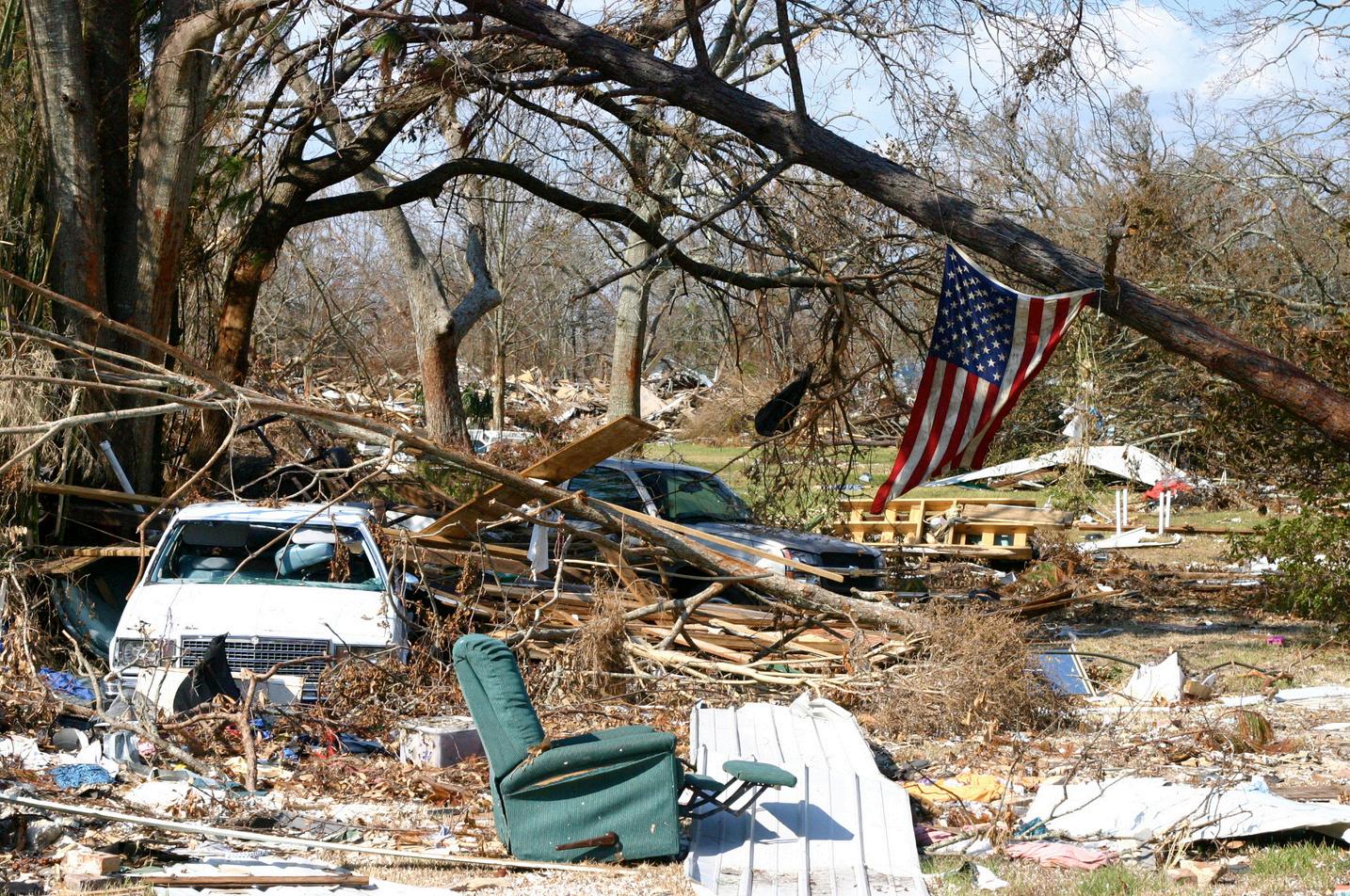
2. Gas up your vehicle. When a storm is approaching, people rush to gas stations which can cause the gas stations to run out of fuel. Also, after the storm hits, gas stations may be inoperative.
3. Prepare an emergency kit. Your kit should include a supply of non-perishable food, water, flashlights, first aid kit, personal hygiene items, a radio, and extra batteries. If you have a baby or infant, or a pet, your kit should include related supplies.
4. Get cash from your bank or bank ATM. In the event of a power outage, the ATMs will not be operating, and the credit card machines at stores will not be working.
5. Charge your cell phones and make sure you have a portable or car charging device.
6. If you do not have impact resistant windows, protect your property by installing your storm shutters or plywood. Gather and bring in all loose outdoor items that are not permanently secured. In the event of hurricane force winds, these items can easily become projectiles that can damage your home or a neighbor’s home.
7. Make sure you have a supply of any needed prescription and over-the-counter medications. If you are running low on a prescription, contact your pharmacy. If a storm is approaching, they may allow you an early refill.
8. Be neighborly. If you know of an elderly, disabled, or otherwise vulnerable person, check to see if they need any assistance.
9. Take pictures (or videos) of your home and the contents in your home. In the event of damage and the need to make an insurance claim, you will want “before” pictures.
10. Follow your local news and listen for any guidance or instructions from your local emergency management officials.
1. Identification Documents: Driver’s license or Identification card, Social Security card, Birth Certificate, Passport, Certificate of Naturalization, Green Card, Employment Authorization Card
2. Real Property Documents: Property Deed, Manufactured Home Title and Registration, Mortgage Agreement or Note
3. Lease or Rental Agreement: Prospectus (for mobile home park residents), Homeowners’ Association Rules (for HOA residents), Housing Assistance Payment Contracts (for Section 8 recipients), Homeowner’s Insurance Policy, Flood Insurance Policy
4. Automobiles and Watercraft Documents: Title and Registration, Insurance Policy
5. Medical Documents: Declaration of Healthcare Surrogate and/or Living Will, Health Insurance card, List of Medications, List of Allergies
6. Legal Documents: Last Will and Testament, Power of Attorney, Marriage License, Adoption Papers, and Other important Court papers (such as Letters of Guardianship, Child Custody or Visitation agreements, Orders of Protections Against Domestic Violence, Final Judgment of Dissolution of Marriage, Marital Separation Agreement)
7. Financial Documents: Tax returns, Last Paycheck, Bank Statement for each account, Checkbook, Debit and Credit Cards
8. Other Documents: Emergency Contact Information, Animal Vaccination Records, Household Inventory
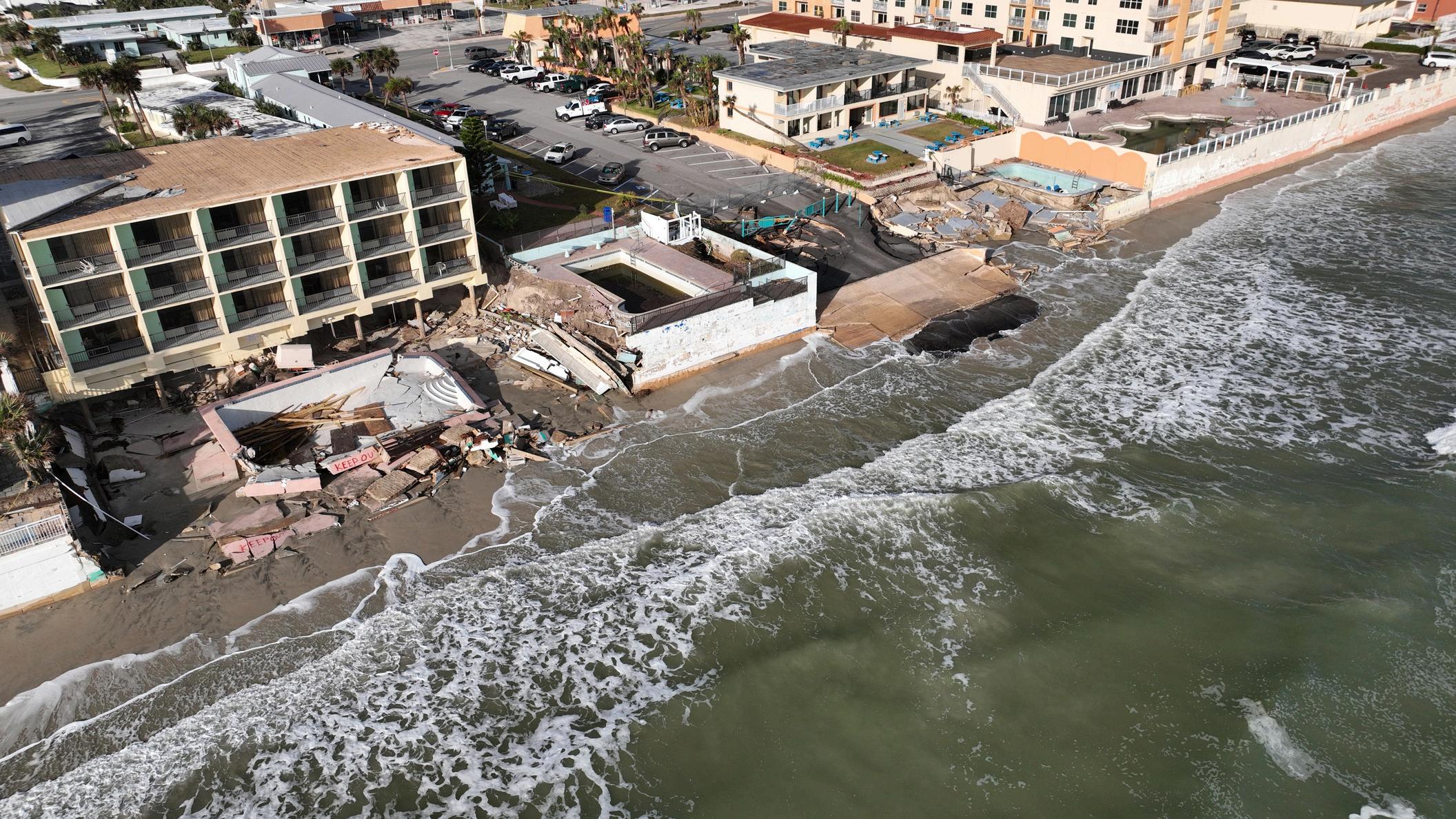
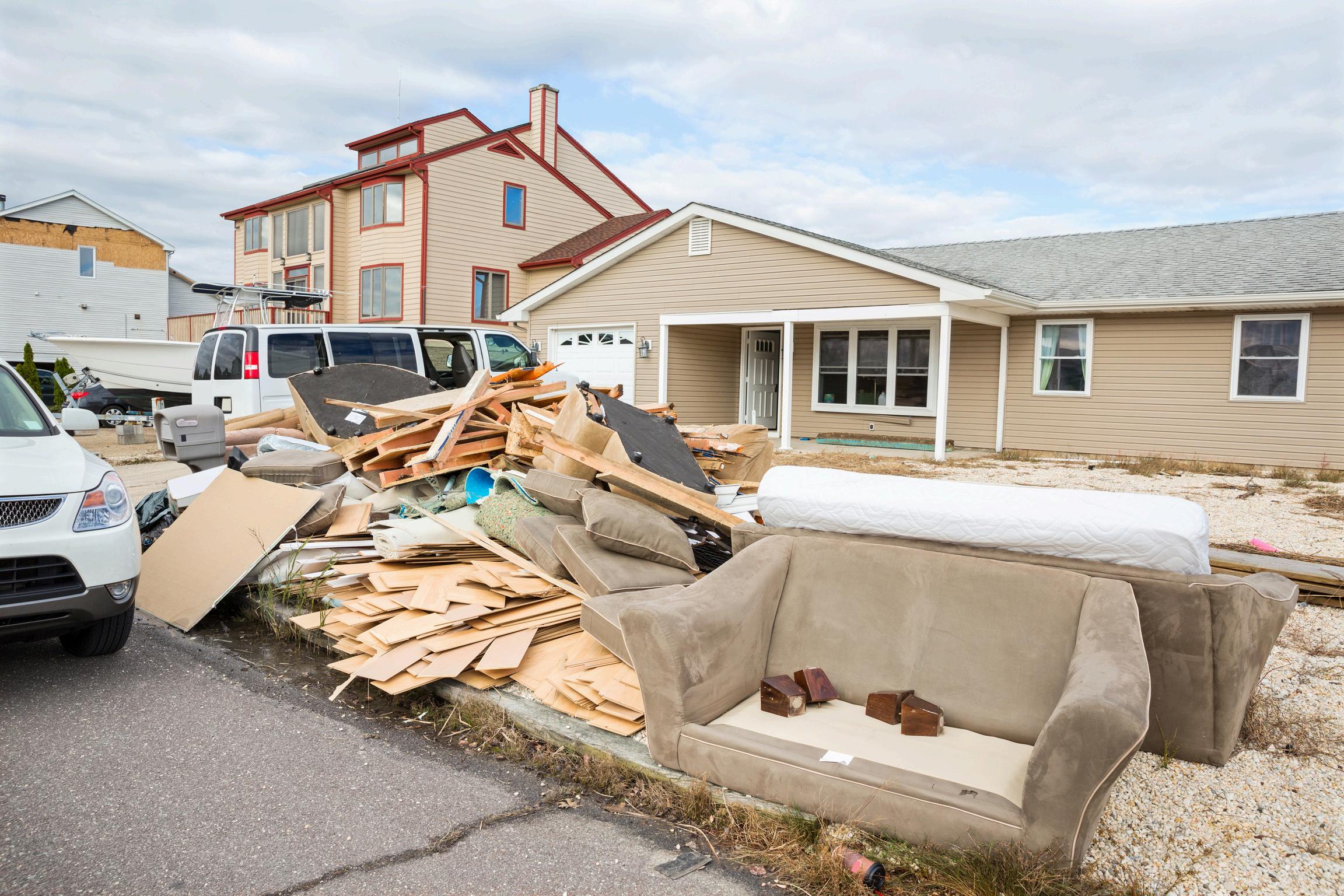
A. Understand Your Insurance Coverage
B. Review your homeowner’s, automobile, renters, and other policies.
C. Understand the difference between Homeowner’s Insurance and Flood Insurance Coverage. Homeowner’s Insurance does not cover damage caused by a flood. If you live in a designated flood zone, your mortgage company will require you to obtain flood insurance to cover damages caused by flooding. If you do not live in a designated flood zone, this coverage is optional. If you do not have a mortgage, you are not required by law to carry either homeowner’s or flood insurance. However, even if you are not legally required to carry flood insurance, you may wish to consider adding a flood insurance policy. Only a flood insurance policy will cover damage caused by flooding.
D. Preferred Contractor Provisions: Determine if your carrier has a preferred contractor provision in it. This may bar you from choosing who makes your repairs. Do not make repairs unless you get approval from your insurance company first.
E. What is your deductible? Most policies have a hurricane deductible of 2, 5, or 10 % of the home’s insured value. Have your agent’s name and claims reporting contact information readily available.
F. Know the difference between your “Hurricane Deductible” and the “All Other Perils” deductible. The hurricane deductible is applied only once per calendar year as long as the same insurance company insures you. If you experience damage to your home from two hurricanes during one year, you will only have to pay your hurricane deductible once even though you filed two claims with your insurance company. If you incur damages from a second hurricane during the same calendar year your insurance company will apply either your “All Other Perils” deductible stated on your policy or the amount left over from the first Hurricane Deductible, whichever is greater. If you met your entire Hurricane Deductible with the first hurricane claim, your “All Other Perils” deductible will apply to the second hurricane.
G. Florida’s Homeowner’s Claims Bill of Rights outlines the rights and responsibilities of policyholders and insurance companies (Florida
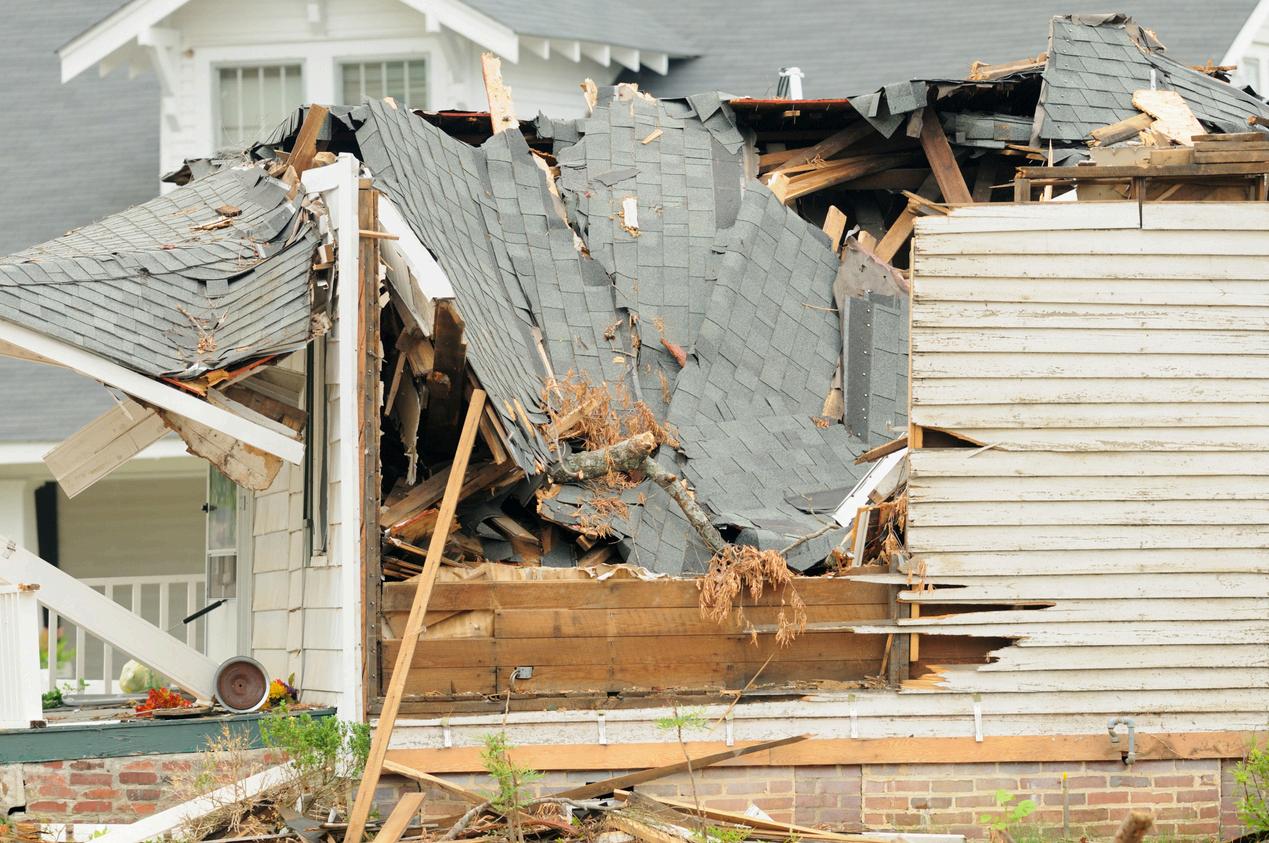
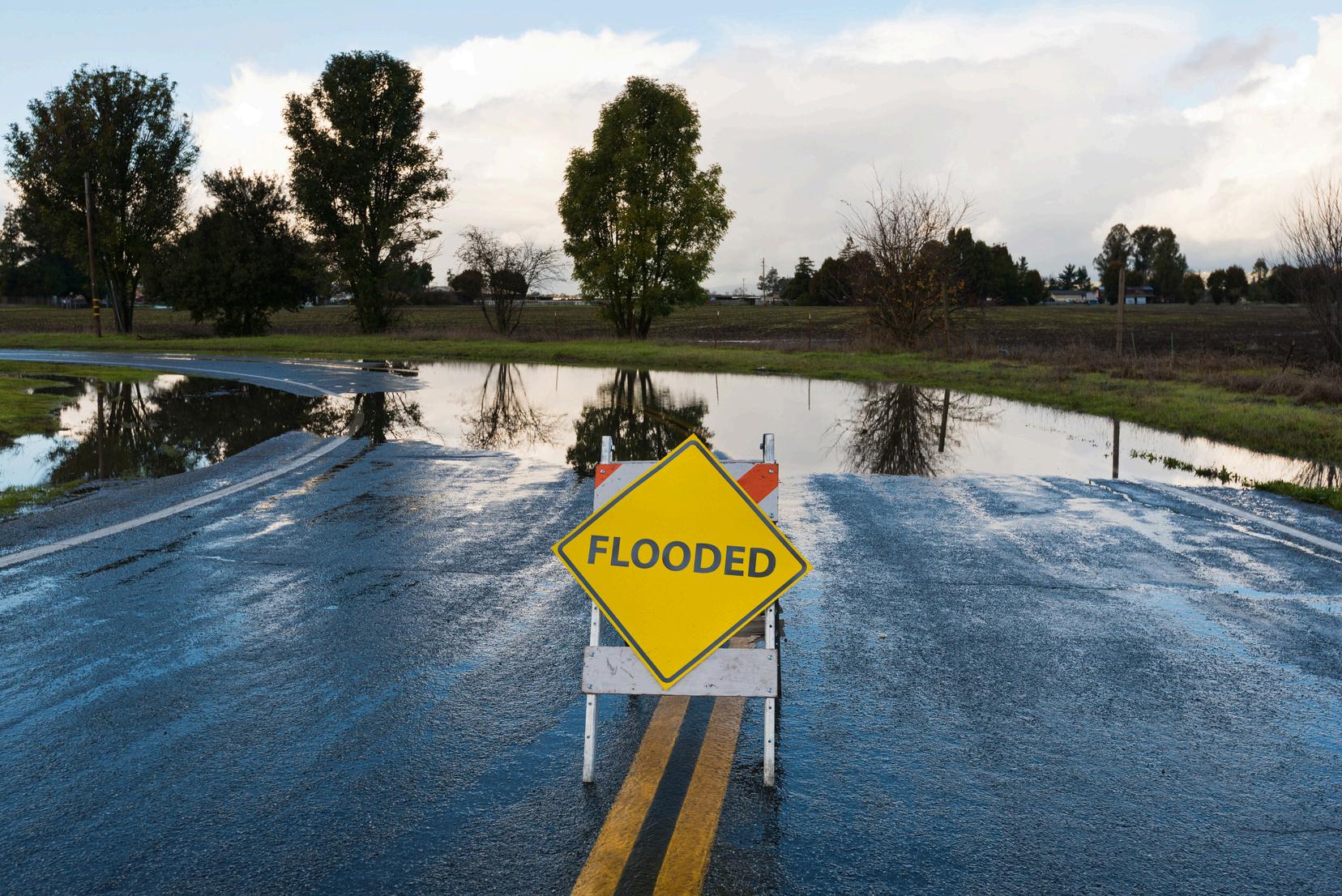

1. Receive from your insurance company an acknowledgment of your reported claim within 7 days after the time you communicated the claim.
2. Upon written request, receive from your insurance company within 30 days after you have submitted a complete proof-of-loss statement to your insurance company, confirmation that your claim is covered in full, partially covered, or denied, or receive a written statement that your claim is being investigated.
3. Receive from your insurance company a copy of any detailed estimate of the amount of the loss within 7 days after the estimate is generated by the insurance company’s adjuster.
4. Within 60 days, subject to any dual interest noted in the policy, receive full settlement payment for your claim or payment of the undisputed portion of your claim, or your insurance company’s denial of your claim.
5. Receive payment of interest from your insurance company, which begins accruing from the date your claim is filed if your insurance company does not pay full settlement of your initial, reopened, or supplemental claim or the undisputed portion of your claim or does not deny your claim within 60 days after your claim is filed. The interest, if applicable, must be paid when your claim or the undisputed portion of your claim is paid. (Florida Statute 627.70131)
6. Free mediation of your disputed claim by the Florida Department of Financial Services, Division of Consumer Services, under most circumstances and subject to certain restrictions.
7. Neutral evaluation of your disputed claim, if your claim is for damage caused by a sinkhole and is covered by your policy.
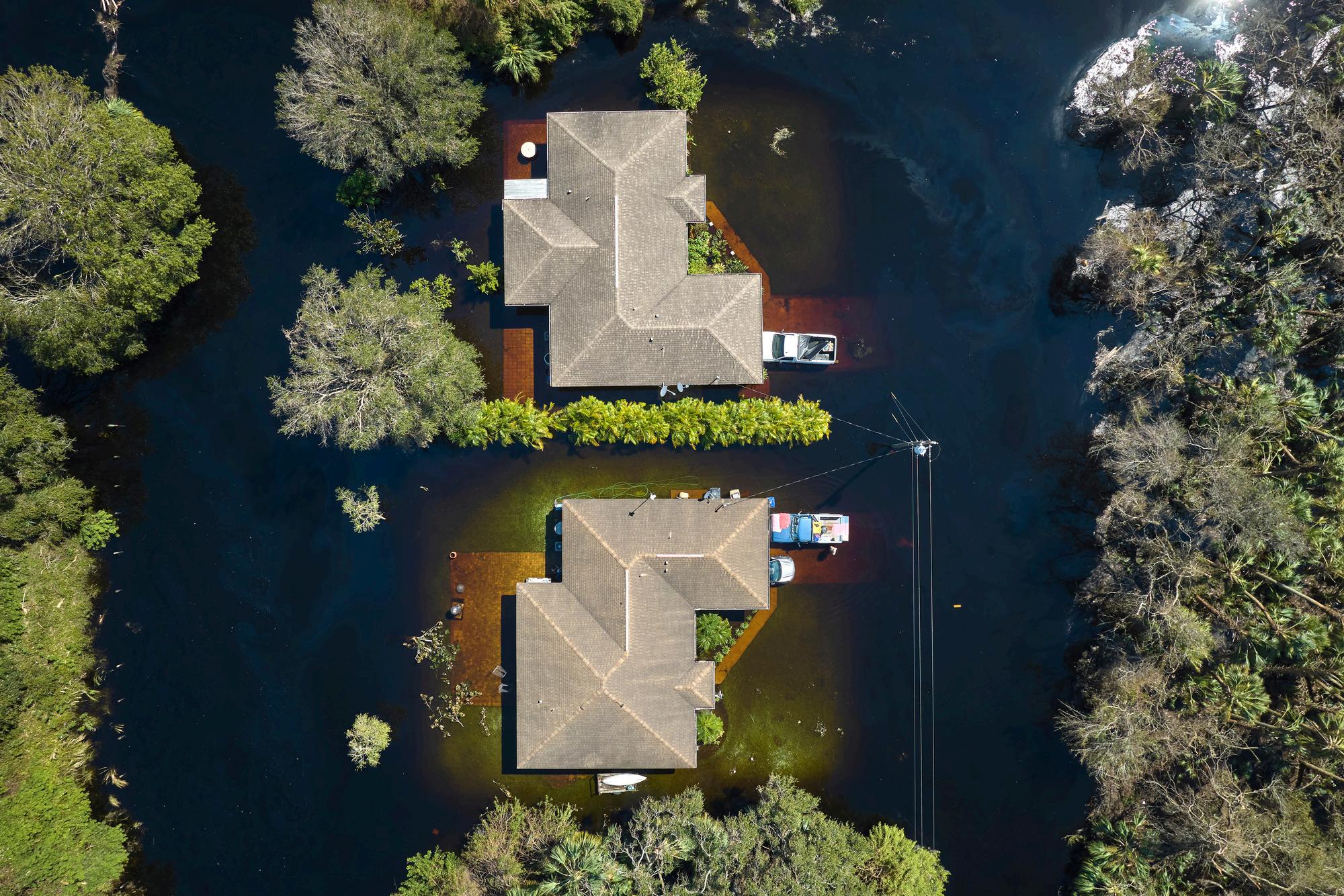
8. Contact the Florida Department of Financial Services, Division of Consumer Services’ toll-free helpline for assistance with any insurance claim or questions pertaining to the handling of your claim. You can reach the Helpline by phone at 1-877-MY-FL-CFO (1-877-6935236) or you can seek assistance online at the Florida Department of Financial Services, Division of Consumer Services’ website at: www.myfloridacfo.com/division/consumers/contactus.

1. File all claims directly with your insurance company.
2. Contact your insurance company before entering into any contract for repairs to confirm any managed repair policy provisions or optional preferred vendors.
3. Make and document emergency repairs that are necessary to prevent further damage. Keep the damaged property, if feasible, keep all receipts, and take photographs or video of damage before and after any repairs to provide to your insurer.
4. Carefully read any contract that requires you to pay out-of-pocket expenses or a fee that is based on a percentage of the insurance proceeds that you will receive for repairing or replacing your property.
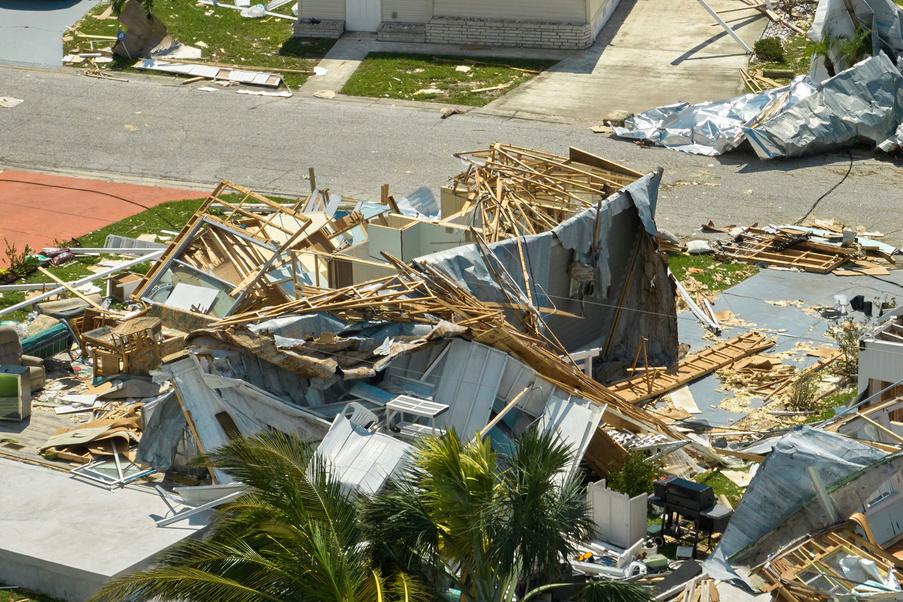

5. Confirm that the contractor you choose is licensed to do business in Florida. You can verify a contractor’s license and check to see if there are any complaints against him or her by calling the Florida Department of Business and Professional Regulation. You should also ask the contractor for references from previous work.
6. Require all contractors to provide proof of insurance before beginning repairs.
7. Take precautions if the damage requires you to leave your home, including securing your property and turning off your gas, water, and electricity, and contacting your insurance company and provide a phone number where you can be reached.
A. There are several red flags to watch out for when purchasing an insurance policy. Likely indicators of a scam include communications that lack proper identification or credentials, include high-pressure tactics or request money upfront. Legitimate insurance companies deduct fees from claim payouts or include them in your premium; they don't pressure you to hand over money immediately to expedite claims or services.
B. Be aware of scam artists attempting to sell or increase your insurance coverage as a storm approaches or during a storm. When the National Weather Service issues a hurricane or tropical storm watch or warning for any part of Florida, many insurance companies cease binding new or additional homeowners’ or renters’ insurance coverage.
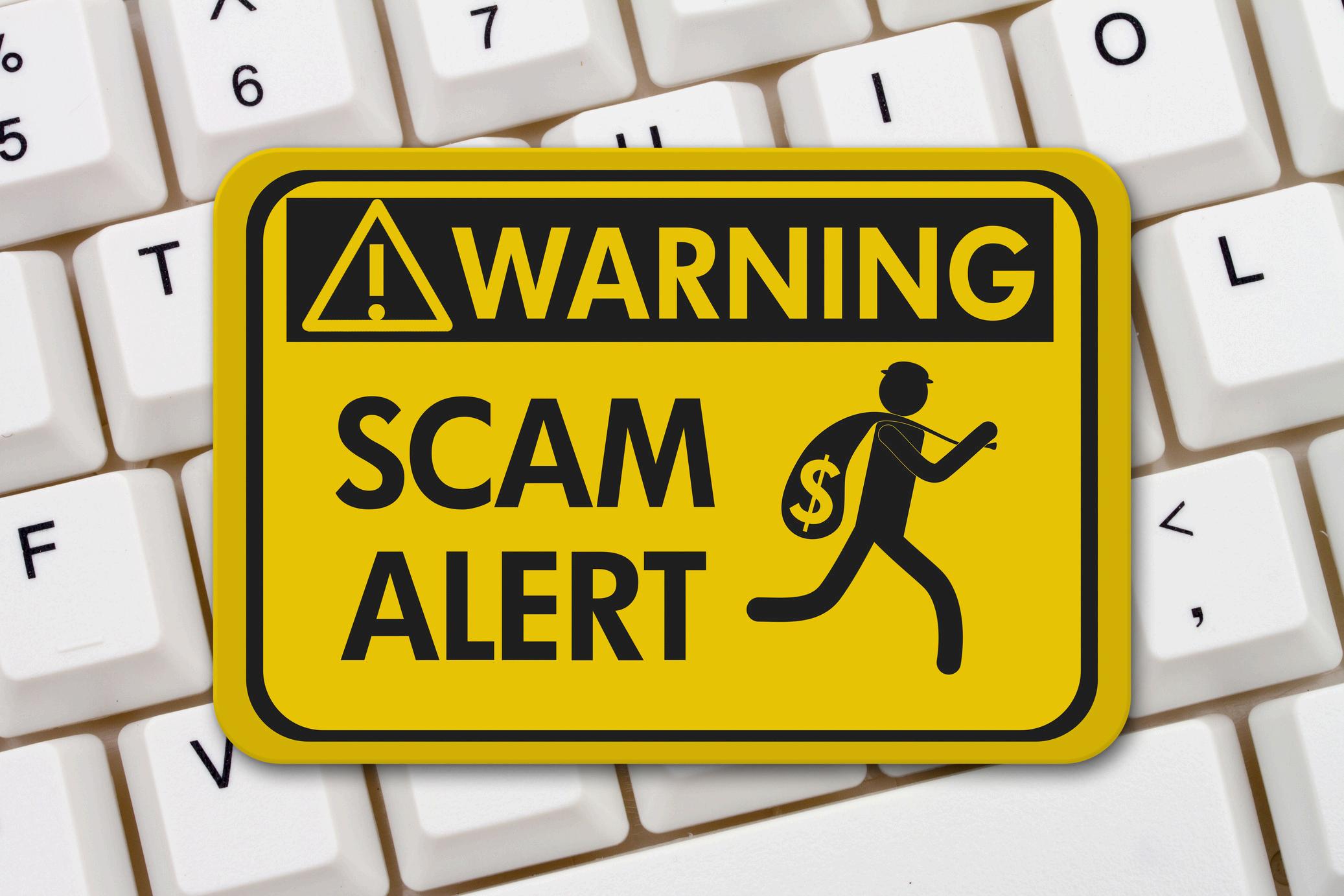
C. If you are considering purchasing a new policy, research the insurance company and agent. Check for licensing and reviews with your state's insurance department and consumer protection agencies. Read the policy details carefully and understand the terms and coverage before paying.
D. Be wary of storm scammers pretending to be your insurance company requesting personal information over the phone. Only provide personal information if you have picked up the phone and made the call yourself. Storm scammers may tell you they’ve been sent by your insurance company, but your insurance company will alert you before a contractor or other worker is sent. If a contractor appears out of the blue, don’t sign anything or make any payments. The roof repair process should begin only after you’ve made the initial call to your insurance company. In the meantime, make temporary repairs to protect your home from further damage and keep your receipts.
E. Verify your insurance coverage. Don’t rely on a contractor to tell you what’s covered, and never sign your insurance check over to a contractor. Instead, arrange with your mortgage company or bank for a Certificate of Completion. That way, they will pay the contractor for each stage of the job after you have given your approval.
F. Review checks and payments from the insurance company to make sure it doesn’t include a release or require the homeowner to give up the claim.
G. Report insurance fraud to the Department of Financial Services’ Division of Consumer Services’ Fraud Hotline at 1-800-378-0445.
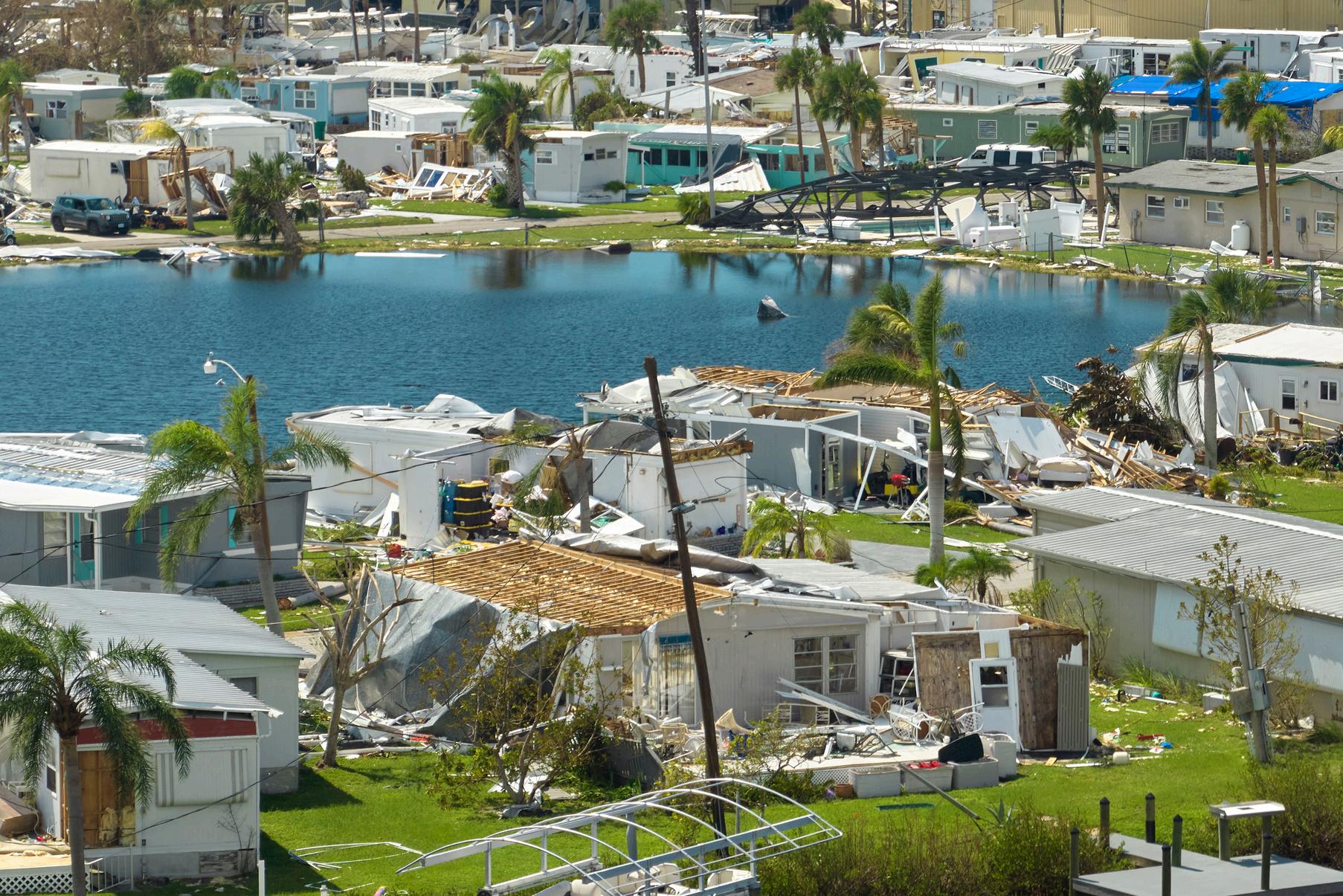
A. You may choose to hire a public adjustor to assist you with your insurance claim. Public adjustors must be licensed by the State of Florida. You can verify your public adjustors license through the Department of Financial Services Division of Consumer Services Insurance Consumer Hotline at 1-877-693-5236 or: www.MyFloridaCFO.com/Division/Consumers.
B. If you choose to hire a public adjustor, you will need to sign a contract and you will be assigning him or her the right to negotiate with your insurance company on your behalf. In most instances, you will no longer be able to contact your insurance company directly while the claim is pending.
C. The maximum percentage that a public adjuster in Florida can charge for a claim is 20% of the claim paid after you sign the contract with them. In the event of a declared emergency by the Governor's office, that fee is reduced to 10% for any claim made in the first year after the date of loss (Florida Statute 626.854(11)(b) (1)).
D. Once the insurance claim is settled, the insurance check will be endorsed to the insured, the public adjustor, and the mortgage company (if there is one). It’s a good idea to discuss how this works with your public adjustor and the mortgage company. This can sometimes cause delays in receiving funds.
A. You may be eligible for FEMA benefits after a disaster. Disaster survivors can apply to receive assistance through FEMA’s Individual and Household Program. Examples of services/assistance include temporary housing, emergency home repairs, compensation for food, personal property losses, medical, dental, and funeral expenses caused by a disaster.
B. Visit https://www.ready.gov/ for more information. You may want to download the newly updated FEMA App to get preparedness strategies and real-time weather and emergency alerts.
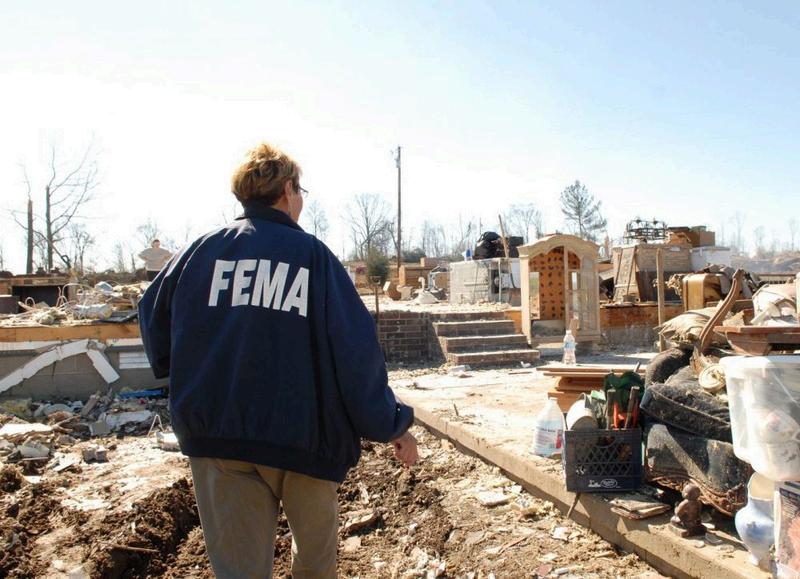
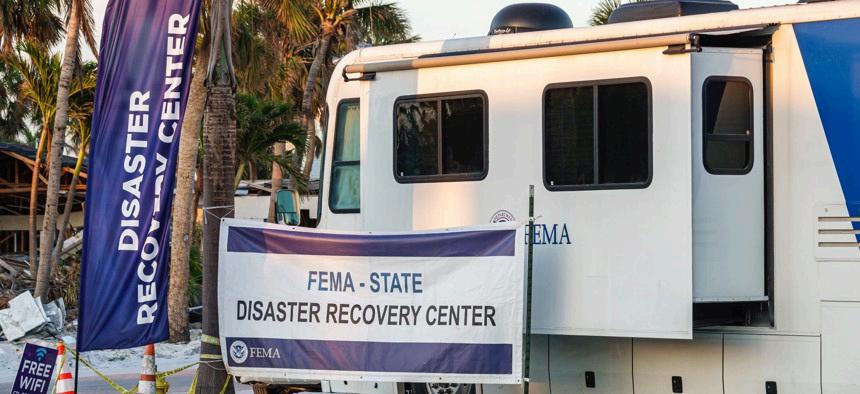
C. Who can apply to FEMA? U.S. Citizens, permanent residents/green card holders, and other qualified immigrants, such as refugees or asylees.
D. When can you apply? You must apply for FEMA assistance within 60 days of the Presidential Disaster Declaration and approval of assistance for individuals.
E. How do you apply? You can apply online at disasterassistance.gov by phone at 1-800-621-3362, using FEMA’s mobile app, or in person at a Disaster Recovery Center (DRC) or Mobile Registration Intake Center (MRIC).
F. What will you need? You will need the address of the damaged home, documentation proving ownership of the home at the time of the disaster, descriptions of damages to your home, insurance information (if applicable), social security number, contact information, and total household income at the time of the disaster.
G. Once you apply for FEMA disaster relief benefits, you should receive a nine-digit registration number. Keep this number along with your FEMA username and password information handy so you can easily check the status of your application.
Provide photos and receipts for expenditures in the portal and for inspectors. You should receive a determination letter within 10 days after a FEMA inspection. Read the eligibility determination carefully and seek legal advice if you are denied assistance or are not satisfied with the amount awarded. Note-there is a 60-day deadline to appeal FEMA decisions.
A. Before signing a contract, contact your insurance company first to file your claim and make sure the damage is covered by your policy.
B. Choose a licensed contractor. Contractors must have valid, active licenses to perform most major repairs to property (Florida Statute 489.127).
1. Request a copy of the contractor’s license/registration numbers and expiration date. The license must also be listed on the first page of the contract and on the contractor’s vehicle. To verify a contractor’s license, visit the Florida Department of Business and Professional Regulations website at www.MyFloridaLicense.com. Watch out for contractors who do not have an established business location.
2. Check with your county’s local building/permitting department to see what licenses/permits are required for your projects. You can end up with a county code violation for unlicensed/unpermitted work.
3. Request a copy of the contractor’s general liability insurance coverage and worker’s compensation coverage. Visit the Department’s Division of Worker’s Compensation website at www.MyFloridaCFO.com/Division/WC
C. Always get estimates/contracts in writing and be sure they include the following:
comprehensive scope of work; 1. 2. commencement date; 3. payment schedule; 4. written waiver of homeowner liability; 5. warranty.
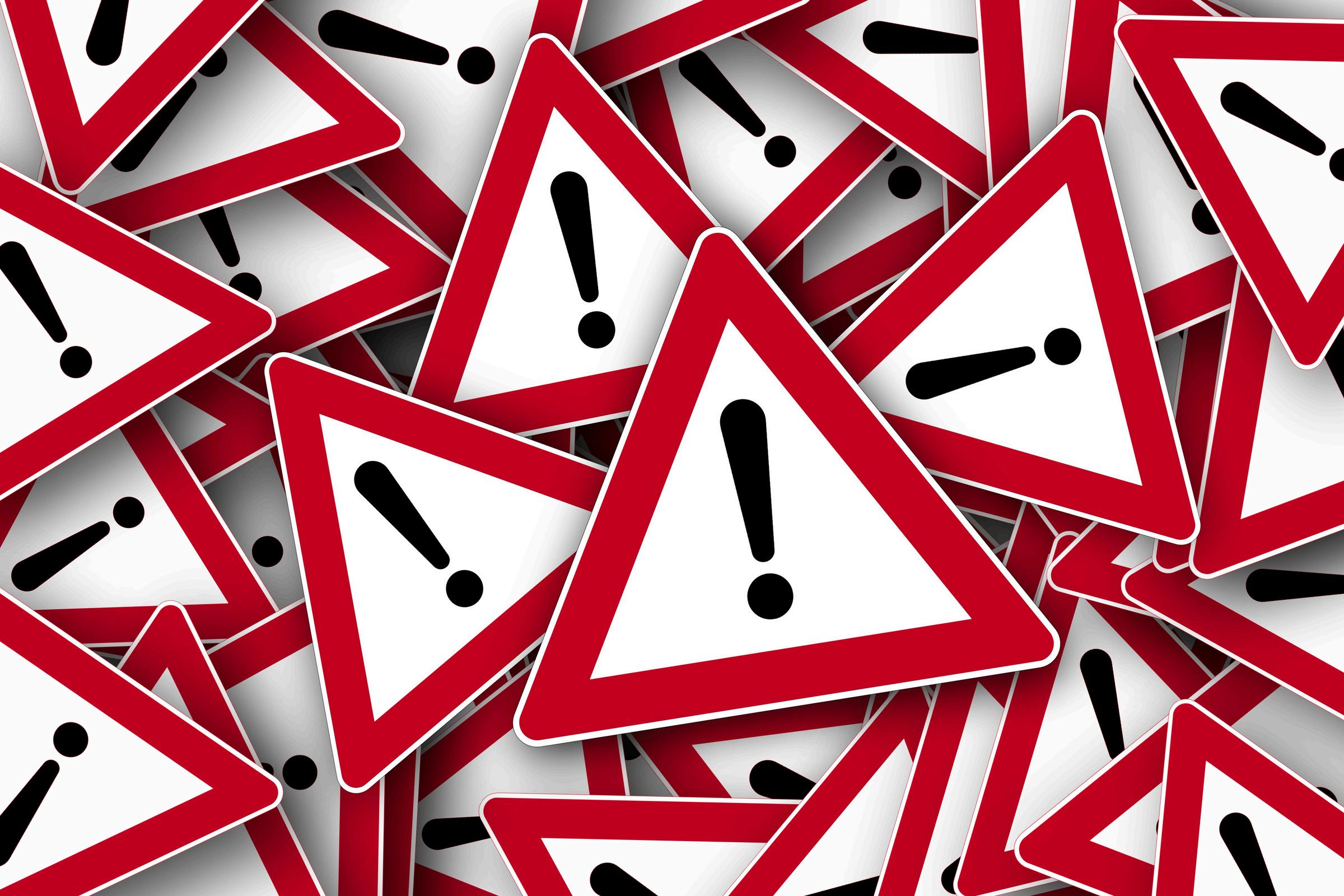
deductibles.” This violates Florida Statutes 489.147, and 817.234(7)(d).
2. Contractors cannot advise consumers on their insurance coverage unless they are also licensed public adjustors (Florida Statutes 489.129 and 489.147(2)(d)).
3. Contractors cannot enter into a contract as a public adjustor and engage in construction work on the same property (Florida Statute 626.8738).
4. Contractors cannot provide an agreement authorizing repairs without also providing a good faith estimate that includes an itemized and detailed cost of services and materials for the repairs (Florida Statutes 489.129 and 489.147(2)(e)).
5. Contractors can’t offer consumers anything of value in exchange for allowing an inspection of the roof or for filing an insurance claim for damage to the roof (Florida Statutes 489.129 and 489.147(2)(b)).
6. Contractors cannot omit providing a Contractor’s Final Payment Affidavit (Florida Statute 713.06(3)(d) (1)).
1. Never pay the full amount of the contract up front.
2. Make sure subcontractors are paid throughout the project by tendering undisputed amounts and obtaining partial lien waivers.
3. Don’t pay in cash and keep receipts for all payments.
4. Don’t make final payments until final inspections have passed.
5. Request a Contractor’s Final Payment Affidavit and conditional release of lien at the end of the project. By requesting the Contractor’s Final Payment Affidavit, you are asking them to verify they have paid all the subcontractors and suppliers. If debt remains unpaid, Florida law allows subcontractors/suppliers to place a lien on your home (Florida Statutes 713.05 and 713.06). Your mortgage company will likely require a Contractor’s Final Payment Affidavit also.
6. Look out for additional expenses and understand the costs of change-orders
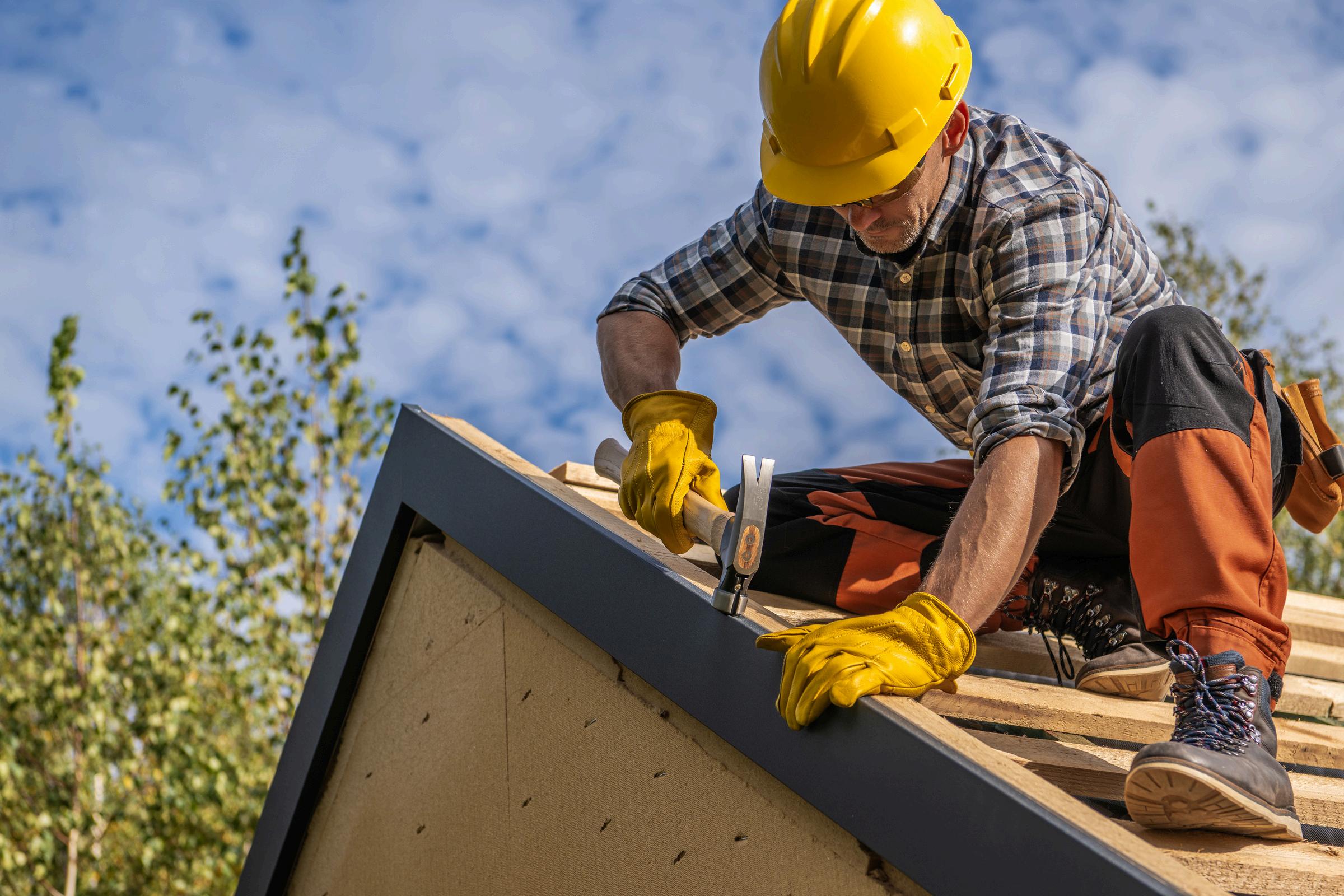
Florida’s Construction Lien Law (Florida Statutes, Chapter 713, part one) requires the recording with the Clerk of the Courts a Notice of Commencement for real property improvements greater than $2,500.00. However, it does not apply to the repair or replacement of an existing heating or air conditioning system less than $5,000.00 in value. This Notice must be signed by you, the property owner. Under Florida law, those who work on your property or provide materials and are not paid, have a right to enforce their claim for payment against your property. This claim is known as a construction lien.
F. Early Termination of a Contract
1. Florida Statutes Chapter 558 requires homeowners to give licensed contractors written notice of defects and the right to cure. The notice of claim must include in reasonable detail:
a. The nature of each alleged construction defect;
b. The damage or loss resulting from each alleged defect, if known;
c. Identify the location of each alleged defect sufficiently to allow a responding party to locate it without undue burden.
2. The contractor has 30 days from receipt of the written notice to inspect the property and 60 days to make the repairs. This is a prerequisite to a lawsuit by the homeowner.
3. This Florida Statute is intended to protect the contractor. If you hire another contractor to make the final repairs, you might get stuck paying both contractors. Some contracts have liquidated damages clauses also, which essentially commit the homeowner to paying a percentage of the contract price if the homeowner terminates the contract early.
A. Florida Statute 501.160 states that during a state of emergency, it is unlawful to rent, sell, lease, offer to rent, sell, or lease essential commodities, dwelling units, or self-storage facilities at an unconscionable price.
B. Any essential commodity includes, but is not limited to, supplies, services, provisions, or equipment that is necessary for consumption or use as a direct result of the emergency.
C. Anyone who suspects price gouging can report it to the Florida Attorney General's Office by using the NO SCAM app, visiting MyFloridaLegal.com or calling 1(866) 9NO-SCAM. The Attorney General's NO SCAM app can be downloaded for free on the Apple and Android app stores by searching NO SCAM.
A. What to expect after a natural disaster when your rental unit is substantially impaired or essentially unlivable. Florida Statute 83.63 states “If the premises are damaged or destroyed other than by the wrongful or negligent acts of the tenant so that the enjoyment of the premises is substantially impaired, the tenant may terminate the rental agreement and immediately vacate the premises. The tenant may vacate the part of the premises rendered unusable by the casualty, in which case the tenant’s liability for rent shall be reduced by the fair rental value of that part of the premises damaged or destroyed.”
B. Who can terminate the lease? Only the tenant has the sole discretion to terminate the tenancy and vacate the leased tenancy after casualty damages due to a natural disaster.
C. If you decide to continue the tenancy after a hurricane, you may try to negotiate a rent reduction based on the damaged premises. It is highly advisable to continue paying your rent, however, to avoid non-renewal or a possible eviction.
D. Tenants are not covered under the landlord’s insurance policy. Consider getting renter’s insurance to insure your personal property.
E. You can also contact your county’s Consumer Protection Agency or an attorney if you have additional questions about your rights as a renter after a natural disaster.
Consult with your free legal aid organization about receiving free legal services. Also, be sure you fully understand the fee agreement you sign with any attorney.
During a disaster, you may lose certain key documents, or they could be damaged or destroyed.
A. Passport. First, you must report your passport damaged /destroyed or lost online at travel.state.gov., or with paper Form DS-64. Second, apply for a replacement. You use Form DS-82 for a replacement if the lost or damaged/destroyed passport is less than 15 years since date of issuance (i.e., you get a five-year grace period beyond the ten-year period of validity to renew). If the lost or damaged/destroyed passport is more than 15 years since its date of issuance, you use Form DS-11 as a new application. Please note that this new application may require a birth certificate, which is addressed below.
B. Birth Certificate.
1. Option #1 is to use the www.vitalchek.com website. Vital Chek has contracted with most States to provide vital documents. Using this service is more expensive than Option #2, but it is easy to use, and you will receive your replacement birth certificate faster.
2. Option #2 is to research the county vital statistics office where you were born. You may have to do this by regular mail, with a paper form with a paper check or there may be an online option depending on the State of birth.
C. Green Card. Use ICS Form I-90 online at uscis.gov.
D. Certificate of Naturalization. Use ICS Form N-565 online at uscis.gov.
E. Florida Driver’s License. Florida’s Highway Safety Motor Vehicle website at www.flhsmv.gov has links for driver’s license and state I.D. cards, or you may visit your local DMV office.
F. Estate Planning Documents (Last Will & Testament, Living Will, Designation of Health Care Surrogate, HIPAA Waiver). Contact FRLS to schedule a consultation with a FRLS attorney
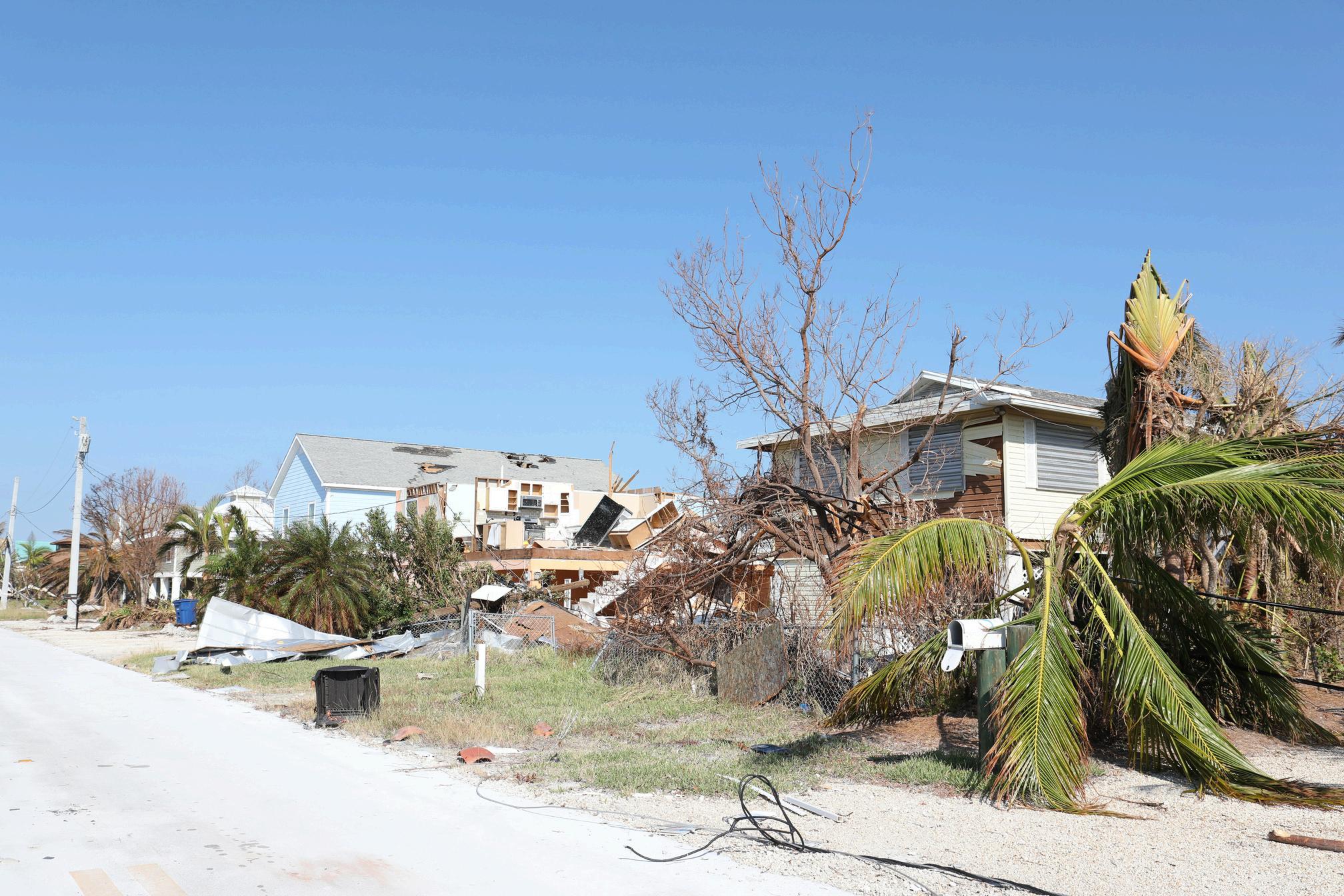
Sponsored by: Legal Services Funded by Grants Through:
